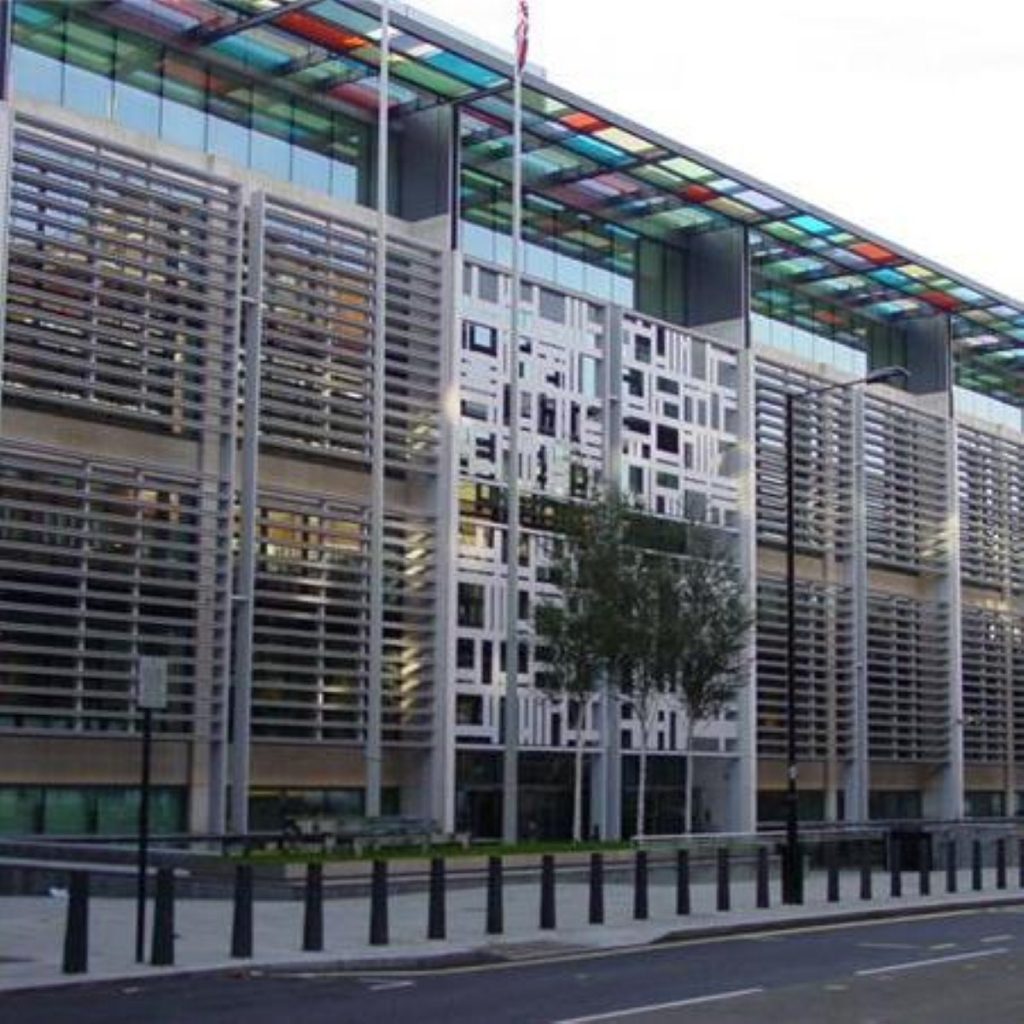Govt criticised for £28m ‘abandoned’ asylum centre
The Home Office has been strongly criticised for spending £33 million on asylum centres which were never built.
Around £28 million of this was wasted on one flagship centre at Bicester, near Oxford, which was abandoned in 2005 amid rising costs and fierce opposition from residents and human rights groups.
A report by the National Audit Office (NAO) today finds many of these losses could have been avoided if the Home Office had worked in a more “coordinated” and “joined-up way.”
The NAO said the Home Office was also “unrealistic” in its plans for what the site at Bicester – billed as self-contained site relieving pressure from local public services – could have achieved.


It also said the department was “flawed” in underestimating the scale of local opposition to the project, with objections raised by the Red Cross, Refugee Council and thousands of local residents.
Ministers have also come in for criticism for failing to predict the fall in asylum seekers, which took away the need for the centres.
The centres were proposed in 2001 as ministers came under pressure to deal with a rise in asylum applications. It was designed to offer accommodation, legal and education services and leisure facilities, thereby relieving pressure on local services.
Bicester was earmarked for the flagship centre, with accommodation for up to 3,000 asylum seekers.
However, continued opposition led to the Home Office scrapping the project in 2005.
This forced the Home Office to pay £7.9 million in compensation to Global Solutions Limited (GSL), who had signed a £60 million contract to build the centre. GSL had already completed £7.6 million in design work.
Sir John Bourn, head of the National Audit Office, said today: “There were two main risks to successful delivery of the Bicester asylum centre: one related to project management; and the second a change in the demand for such a facility.
“Unfortunately, both of these risks were realised.”
The Conservatives said the government had “wasted taxpayers money on an unpopular and unwanted project.”
Damien Green, shadow immigration minister, said the Home Office had failed to notice what was happening to asylum applications as the Balkan Wars ended.
Figures show the number of asylum seekers had halved by 2004 compared to when the project was first proposed.
The NAO has called on the Home Office to “move forward and consider how to get best value from the empty site in Bicester.”
Edward Leigh, chair of the Commons Public Accounts Committee, agreed the Home Office had to explain why the land was still unused.
Lin Homer, the Border and Immigration Agency’s chief executive, said: “Bicester remains a valuable potential site for a secure removals centre and we continue to keep that option under review.”
Ms Homer defended the Home Office against accusations of wasting tax payers money, insisting the fall in asylum cases had saved money overall.
Nick Clegg, Lib Dem home affairs spokesman, said the incident showed how the government’s approach to asylum is “inhumane and incompetent”.
Mr Clegg said: “As thousands of asylum seekers are thrown homeless and without any meaningful support onto the streets of our towns and cities, it is grotesque that the Home Office has spent £28million on a centre that was never built.”









